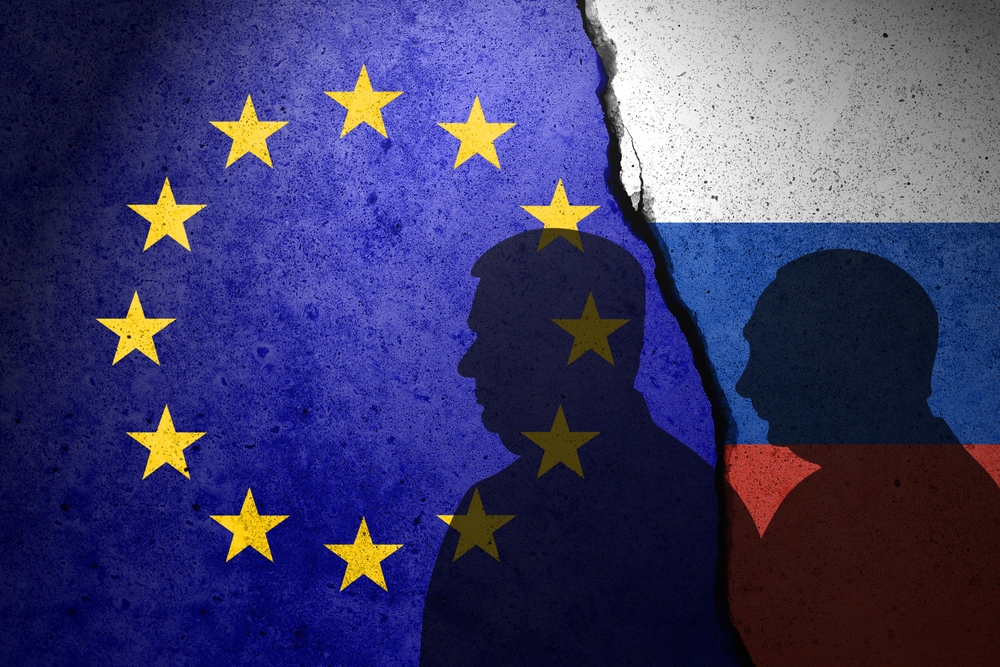Following his Moscow visit, Orban declared Russia’s invincibility.
Others are reading now
Hungarian Prime Minister Viktor Orban has sparked controversy with his recent visit to Moscow, where he met with Russian President Vladimir Putin.
Defended His Trip
According to Lenta Orban’s actions, undertaken during Hungary’s presidency of the European Council, have drawn sharp rebuke from EU officials who assert he lacked the mandate to negotiate on behalf of the entire European Union (EU).
In a letter addressed to European Council President Charles Michel and EU leaders, Orban defended his trip, emphasizing that he did not present any proposals or opinions on behalf of the EU during his talks with Putin.
He dismissed claims to the contrary as unfounded, asserting that Putin’s perspective on the Ukraine conflict significantly differs from Ukrainian President Volodymyr Zelenskyy’s interpretation.
Also read
No Official Contact
During their discussions, Putin reportedly did not mention Russian troop losses but acknowledged tracking Ukrainian casualties, which have reportedly increased in recent weeks. Orban highlighted Putin’s readiness to consider a ceasefire under conditions set during negotiations in Istanbul in 2022, particularly concerning international security guarantees for Ukraine.
EU High Representative Josep Borrell criticized Orban’s visit, emphasizing that EU policy excludes official contacts with Putin amidst ongoing conflict in Ukraine. Borrell reiterated that any engagement on the Ukraine crisis must involve Kyiv and cannot proceed without its participation.
Orban pushed back against Borrell’s remarks, labeling them as “Brussels bureaucratic nonsense” that has yielded no progress towards peace in the Russian-Ukrainian war. Following his Moscow visit, Orban declared Russia’s invincibility, citing military capabilities and demographics that, in his view, make imagining Russia’s defeat in the conflict nearly impossible.


